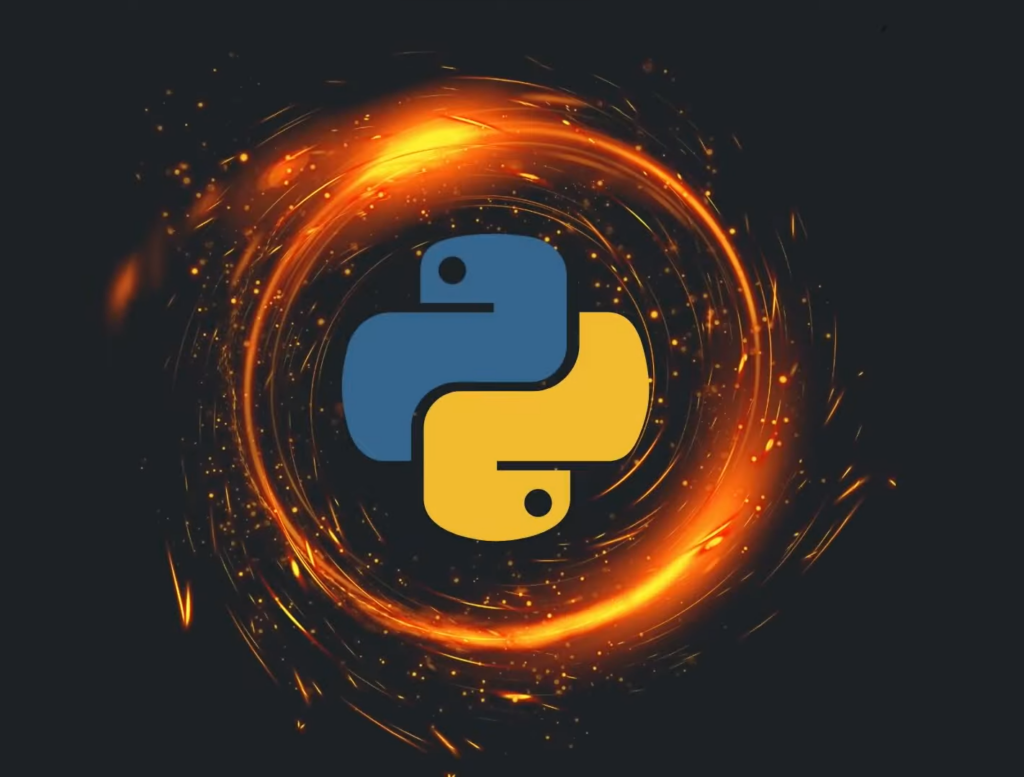Python’s ascendancy in the realm of programming can be credited to its graceful simplicity and user-centric design. This versatile language has resonated deeply with both newcomers and seasoned developers, owing to its remarkable capacity to craft a wide array of software applications with brevity and elegance. This includes tackling intricate undertakings like the implementation of sophisticated machine learning algorithms, all accomplished with a coding economy that sets Python apart in the programming world.
Python 3.8, the latest major release, brings a host of enhancements to the table. Notable features include the introduction of positional-only parameters, the seamless support for f-strings, and the introduction of a parallel filesystem cache. These additions empower developers to write more efficient and readable code.
Nonetheless, it’s crucial to emphasize that Python 3.8 isn’t readily accessible in the default Debian repository. This comprehensive tutorial aims to address this limitation by presenting two distinct methods for Python installation on your Debian 8 Linux system. The first method streamlines the process by utilizing the deb package from the deadsnakes PPA, ensuring a hassle-free installation experience. Conversely, the second method provides a more hands-on approach, guiding you through the process of installing Python from its source code. This method affords greater control, enabling you to tailor your Python environment to meet specific configuration and customization needs.
Python 3 Installation on Debian 8 via apt
Installing Python 3 on Debian 8 using the apt package manager is a straightforward process that can be completed in just a few simple steps.
Step 1: Begin by updating the package list on your Debian system and installing the necessary prerequisites for installation. You can achieve this by executing the following commands:
$ sudo apt update $ sudo apt install software-properties-common
Step 2: Add the deadsnakes PPA to your Debian system with the following command:
$ sudo add-apt-repository ppa:deadsnakes/ppa
Step 3: After enabling the new repository, refresh the package list and proceed with Python installation using the following commands:
$ sudo apt install python3.8
Step 4: To confirm the successful Python installation, check the installed Python version:
$ python3.8 –version
output: Python 3.8.0
If your screen displays a similar output, it indicates a successful installation of Python 3.8 on your Debian system.
Manual Installation of Python 3.8 on Debian 8 from Source

In this guide, we will outline the steps to manually install Python 3.8 on Debian 8 Linux using the source code.
Step 1: To begin, update the package list for the repository and install the necessary dependencies required to build Python on Debian. Execute the following command:
$ sudo apt update $ sudo apt install build-essential zlib1g-dev libncurses5-dev libgdbm-dev libnss3-dev libssl-dev libreadline-dev libffi-dev libsqlite3-dev wget libbz2-dev
Step 2: Download the Python 3.8 source code from the Python download page using the wget command, as demonstrated below:
$ wget https://www.python.org/ftp/python/3.8.0/Python-3.8.0.tgz
Step 3: Once the source package is downloaded, extract the gzipped file using the following command:
$ tar -xf Python-3.8.0.tgz
Step 4: Navigate to the newly extracted Python source directory and execute the configure script to assess system compatibility and dependencies necessary for building Python on your system.
$ cd Python-3.8.0 $ ./configure –enable-optimizations
By employing the ‘–enable-optimizations’ option to optimize the Python binary through extensive testing, please be aware that this step may prolong the build process.
Step 5: Commence the Python 3.8 build process using the ‘make’ command, as demonstrated below:
$ make -j 8
Step 6: Once the build process is finished, you can install Python binaries with the following command:
$ sudo make altinstall
Step 7: Python 3.8 is now installed on your system. You can confirm the installation by checking the Python version using the following command:
$ python3.8 –version
The output displayed on your screen will resemble the following:
output: Python 3.8.0
Conclusion
You have acquired the knowledge to install Python on your Debian 8 system through two distinct methods: one via the deadsnakes repository and the other by building from source. With these installation methods at your disposal, your system is fully equipped for Python project development across various domains and applications.
Should you have any inquiries or require further clarification regarding this guide, please do not hesitate to leave your questions or comments below. Your feedback is highly valued.
